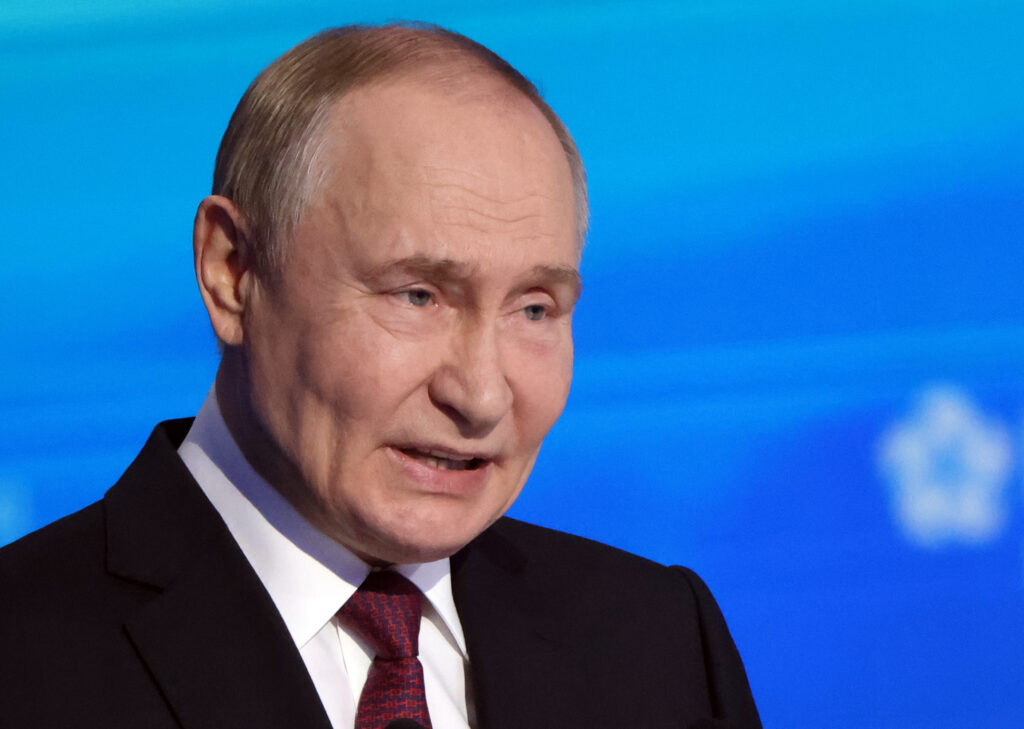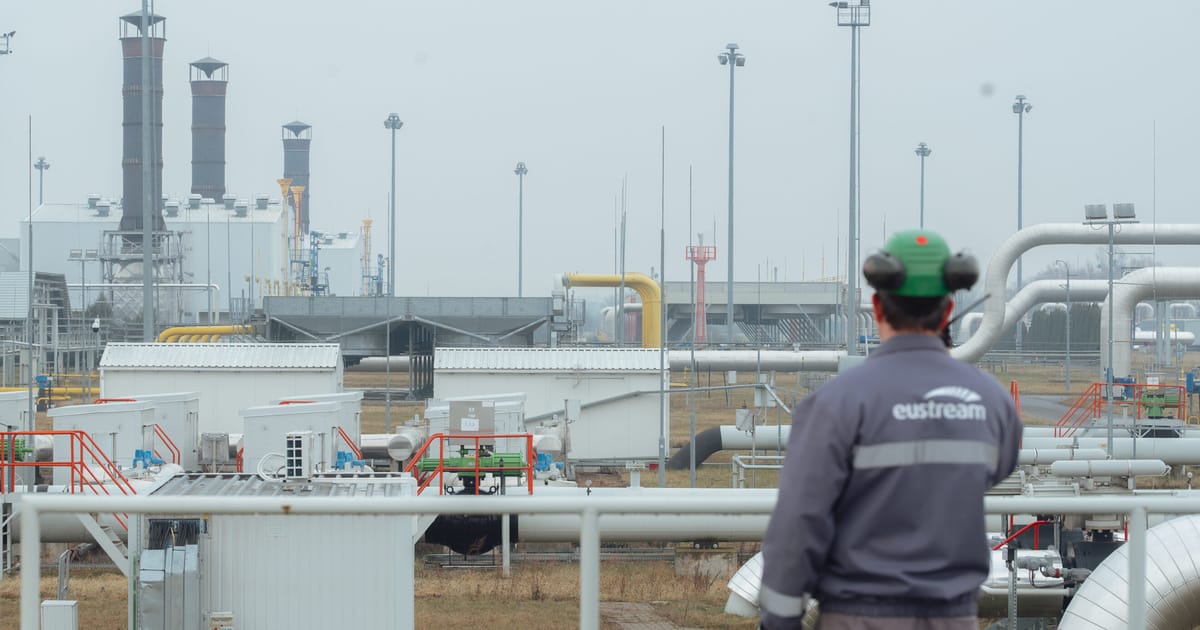In fact, the two countries are steadily increasing their fossil fuel payments to Moscow, according to Isaac Levi, Russia lead at the Helsinki-based Centre for Research on Energy and Clean Air think tank. Budapest and Bratislava have paid Russia €5.58 billion for fossil fuel imports so far this year, he said, already beating the €5.56 billion they forked out last year.
Realizing its consensual approach had hit a wall, the European Commission in June decided to change tack. The EU executive unveiled a legal proposal that would impose a ban on Russian gas, starting from next year for short-term contracts and ending in late 2027 for long-term deals.
Unlike sanctions, which require unanimity from all EU countries, the proposal — billed as a trade measure — only needs a qualified majority of capitals to approve it, effectively removing Hungary and Slovakia’s veto power over the draft law.
 Since Vladimir Putin first ordered troops into Kyiv, Brussels has slapped an embargo on Russian crude, fuel and coal entering the bloc; it’s imposed a $47.60 per barrel price limit on Moscow’s global oil sales, below the market rate; and it’s whittled down the Kremlin’s share in the EU’s gas market from 45 percent to 13 percent. | Contributor/Getty Images
Since Vladimir Putin first ordered troops into Kyiv, Brussels has slapped an embargo on Russian crude, fuel and coal entering the bloc; it’s imposed a $47.60 per barrel price limit on Moscow’s global oil sales, below the market rate; and it’s whittled down the Kremlin’s share in the EU’s gas market from 45 percent to 13 percent. | Contributor/Getty Images
On Monday, EU energy ministers will rubber-stamp the bill, sending a signal that they are ready to override both nations before they enter final negotiations with the European Parliament.
“We’ll reach an agreement despite their opposition,” said one senior EU diplomat, who, like others for this story, was granted anonymity to speak freely on closed-door discussions. “It’s not an easy subject, but I believe we’ll get there.”
Landlocked, not blocked
In the run-up to the vote, the two countries have pulled out all the stops in a bid to scupper a deal.
